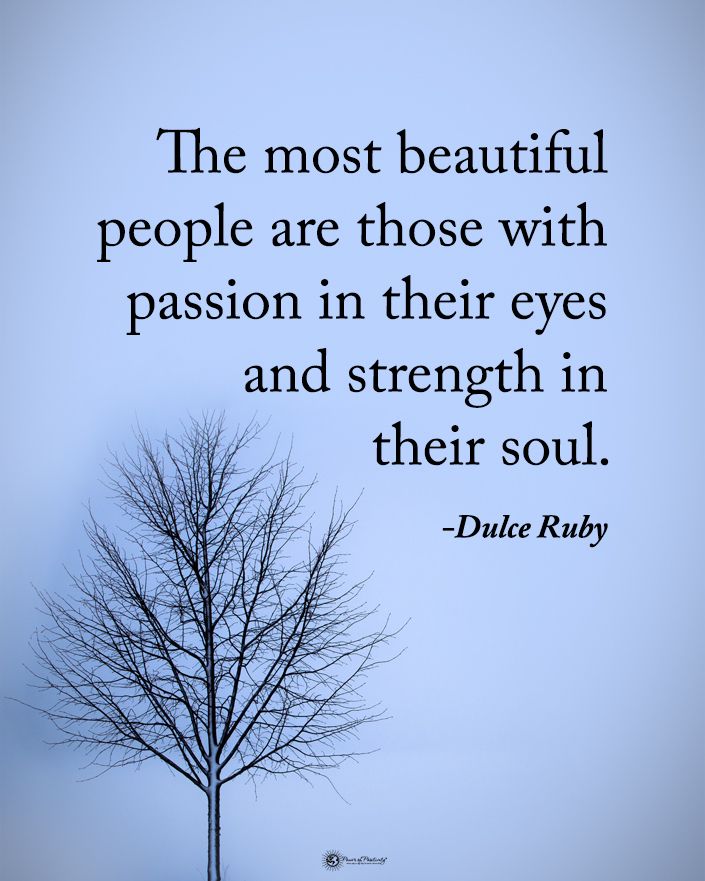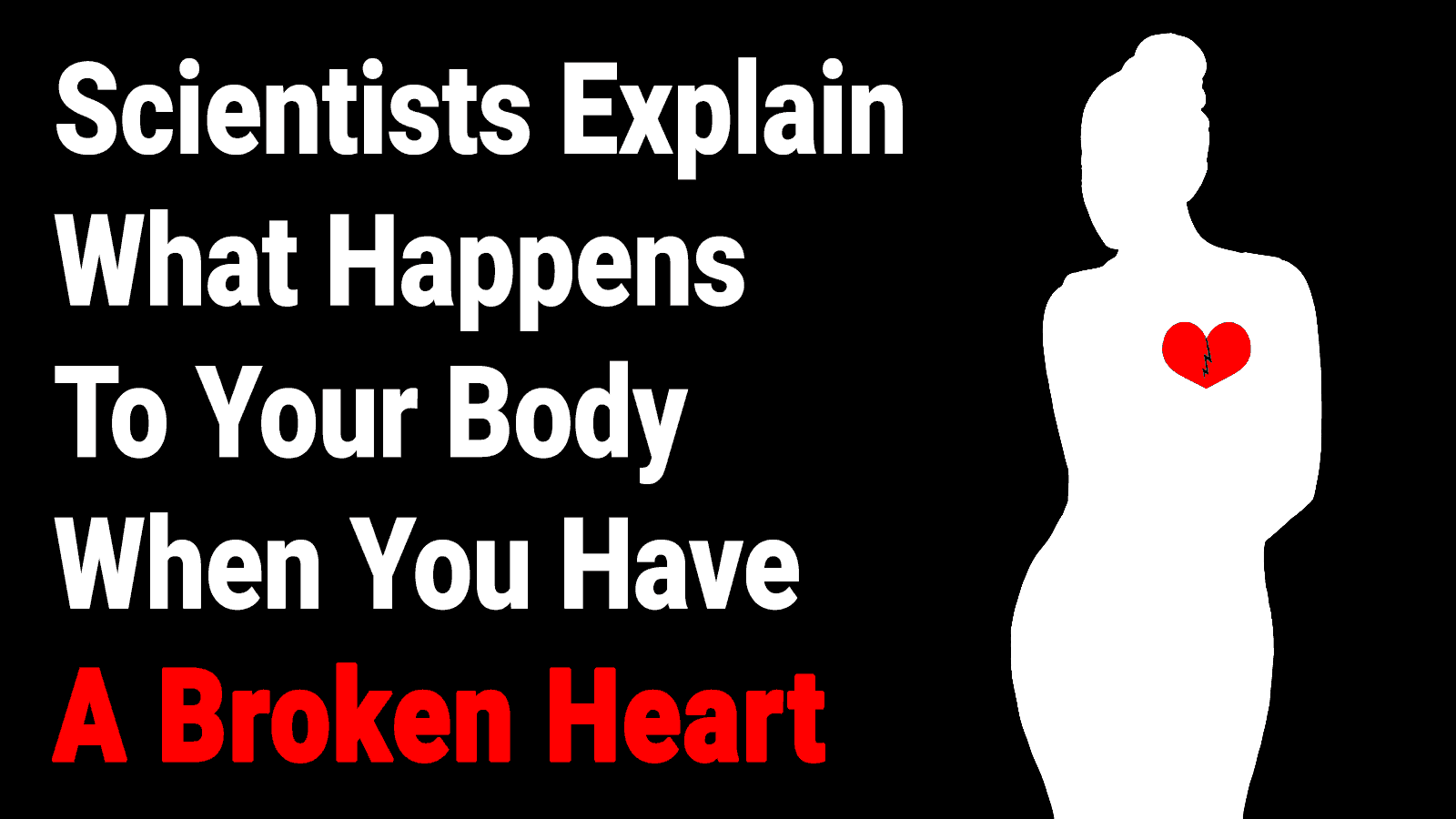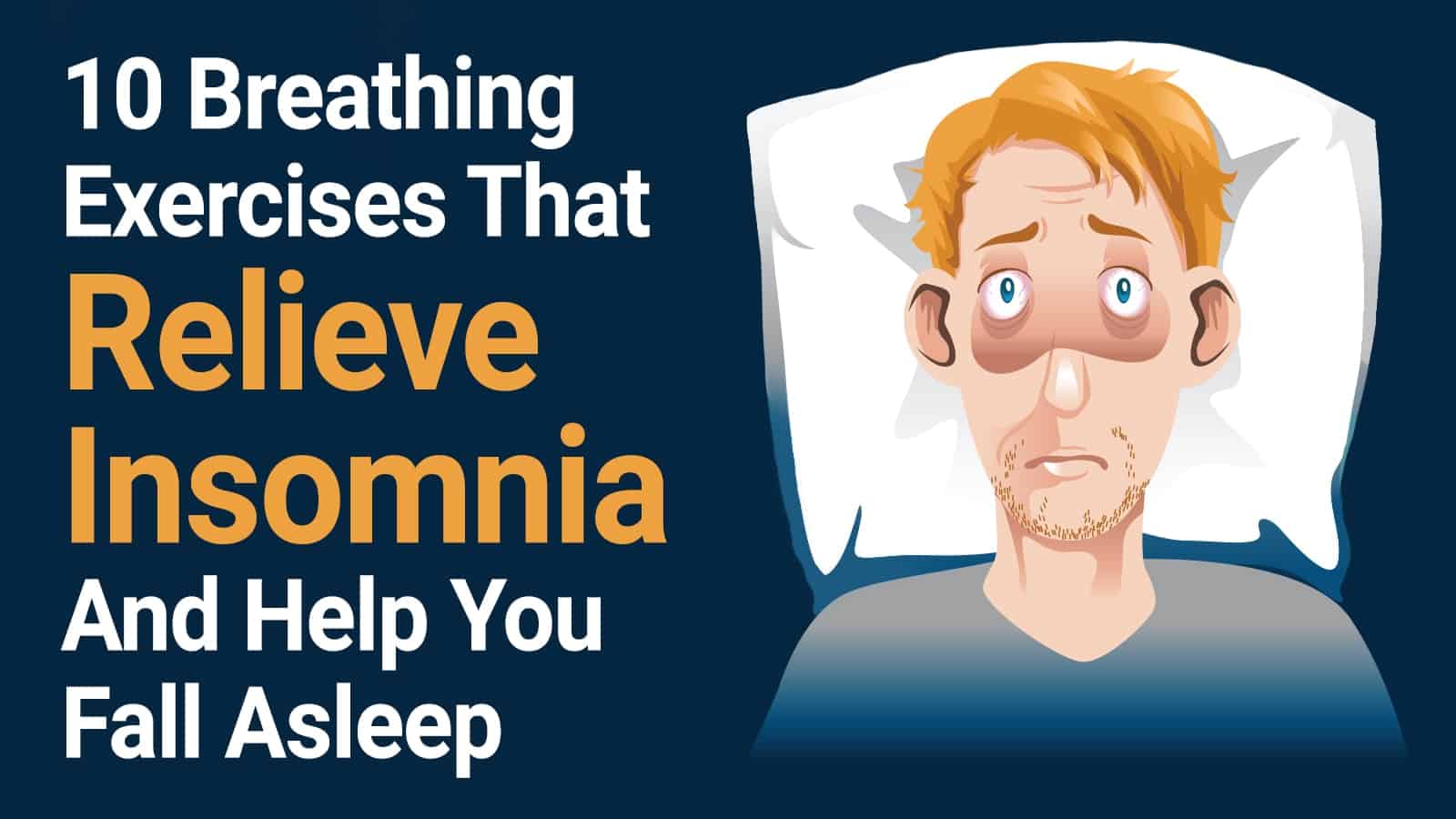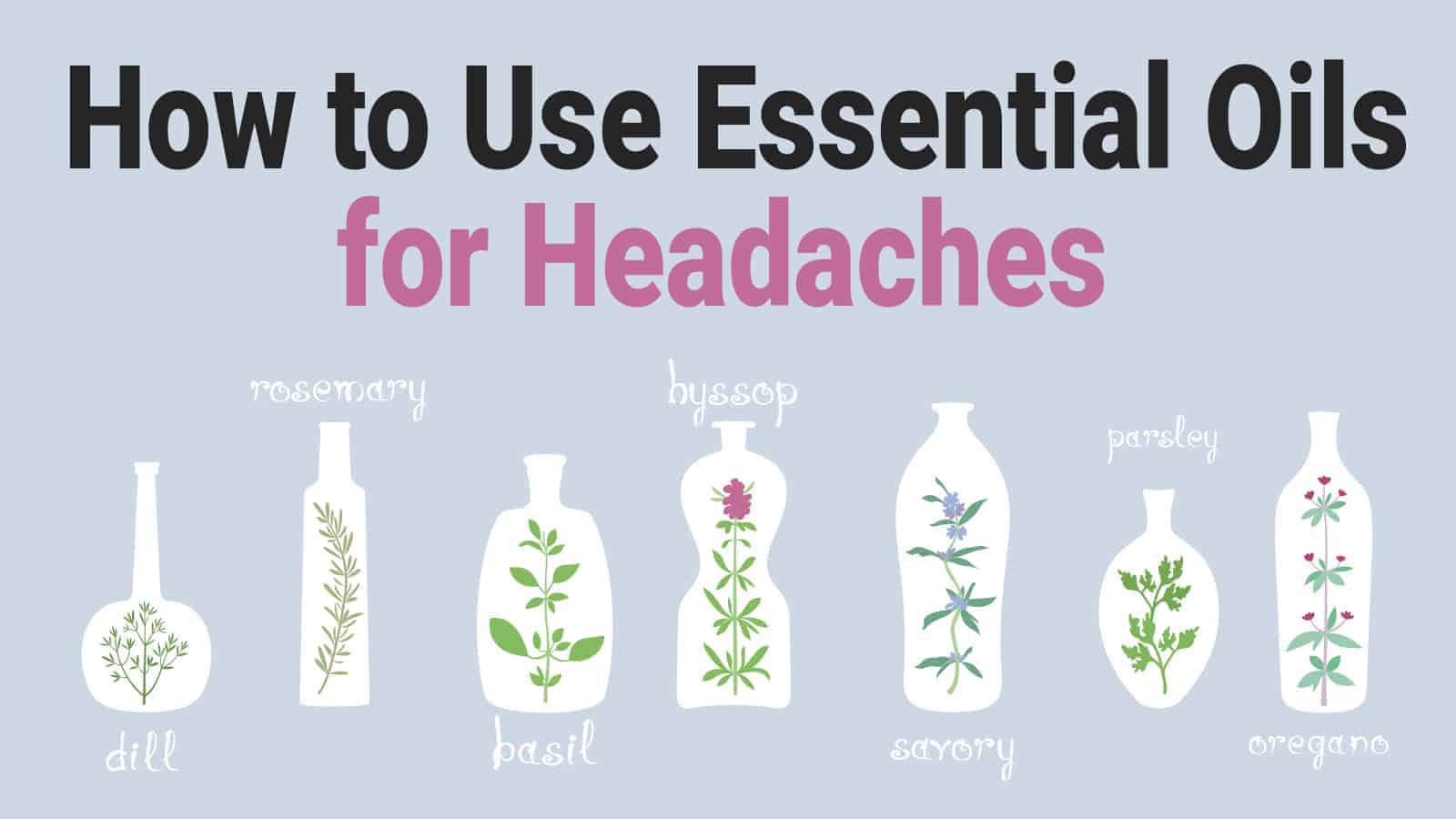While small amounts of inflammation can actually benefit the body, chronic inflammation can lead to a slew of diseases from diabetes to heart disease. Most people don’t know they have inflammation, which makes it all the more dangerous if it doesn’t get treated. Inflammation can occur due to a variety of reasons, such as diet, exercise (or lack thereof), medications, dehydration, pollution, smoking, stress, alcohol, and obesity.
What is inflammation?
Inflammation occurs when your body’s defense mechanisms kick in as a response to a threat. This inflammatory response helps fight against infections, injuries, and toxins and causes a release of antibodies and proteins in an attempt to heal the body. Blood flow also increases to the injured or infected area. In the case of acute inflammation, the body’s immune response can last for a few days while healing takes place.
As you can see, this type of swelling does not point to a life-threatening problem. However, it becomes problematic when the inflammation does not subside. We call this chronic inflammation. Some research even suggests that chronic inflammation could play a role in conditions such as asthma and cancer.
What are the symptoms of chronic inflammation?
While acute inflammation can have symptoms such as redness or swelling, the chronic variety can remain hidden for years since the symptoms aren’t as obvious.
Common symptoms include:
- Fatigue
- Fever
- Mouth sores
- Rashes
- Abdominal pain
- Chest pain
These aren’t all the symptoms, of course, but occur in most cases.
Types of inflammation
As we said before, there are two different types of inflammation: chronic and acute. Below, we’ll go over the two types so that you can differentiate between them.
Acute Inflammation
Acute inflammation only lasts for a short time and can become severe. It can last anywhere from a few days to a few weeks and subsides once healing takes place. Acute inflammation can include the following conditions: acute bronchitis, appendicitis, cutting or scratching of the skin, dermatitis, ingrown toenail, infective meningitis, sore throat, sinusitis, and tonsillitis. High-intensity exercise and injury can also cause this problem.
Acute inflammation usually causes the following symptoms:
- Pain: The infected area can feel quite painful due to the impact of the injury.
- Redness: The increased blood flow to the injured or infected area can cause redness of the skin.
- Immobile: The body part may become stiff and immobile due to the pain.
- Swelling: The fluids that accumulate around the injury to allow for healing can cause swelling.
- Heat: The injured or infected body part might feel hot due to the increased blood flow to the area.
Chronic inflammation
As we discussed above, chronic inflammation occurs when healing does not take place in the body and the immune system can’t fight off the source of the inflammation. Many factors in our society can lead to this condition since our bodies must always remain in fight-or-flight mode to deal with all the stressors. Common conditions caused by this type of inflammation include IBS and other digestive disorders, hepatitis, ulcers, arthritis, periodontitis, sinusitis, and tuberculosis.
Some researchers and scientists believe that neurodegenerative diseases such as dementia and Alzheimer’s are caused by chronic inflammation as well.
So, in conclusion, acute inflammatory responses are caused by bacteria or injury, while chronic inflammation is caused by an abnormal immune response or virus. The acute variety usually lasts for a few days to a few weeks, while the chronic type is long-term. Acute inflammation can lead to an abscess or chronic inflammation if not treated; chronic inflammation can result in heart disease and other dangerous conditions if left untreated.
7 Signs of “hidden” inflammation
1. Brain fog
“Brain fog” refers to a few symptoms such as lethargy, difficulty concentrating, poor memory, and slower thinking which can cause cognitive impairment. A study published in the journal Frontiers in Neuroscience said that inflammation of the brain might cause brain fog.
How to treat it:
Several studies have shown that luteolin, a flavonoid of the flavone class, can help protect the brain by reducing inflammation, boosting antioxidants, and increasing memory. You can either take a supplement or eat foods rich in luteolin such as radicchio, sweet green peppers, serrano peppers, green hot chili peppers, chicory greens, celery, lemon, pumpkin, and red leaf lettuce.
2. Chronic fatigue
We know that inflammation can cause many health problems, but recently, the medical community has found links between chronic fatigue, depression, and inflammation. Since the body’s immune system can’t fight off the inflammation, the body and brain become overtaxed, resulting in chronic fatigue.
How to treat it:
Since inflammation is the cause of fatigue, it’s vital to look at your lifestyle choices to see where you could improve. More exercise, whole foods, and proper sleep can work wonders and boost your energy levels. Try immune-boosting supplements such as curcumin, fish oil, ginger, and spirulina as well.
3. Stomach problems
If you have chronic stomach problems such as IBS or Crohn’s, you might have chronic inflammation. Bloating, diarrhea, gas, and abdominal pain could all point to a more serious problem. These symptoms can occur due to stress, diet, or other lifestyle factors which results in the stomach lining losing some of its protective cells.
Drinking too much alcohol and taking pain relievers regularly can also cause chronic stomach problems.
How to treat it:
Cutting back on alcohol and pain relievers as well as changing your diet and upping exercise will likely help your stomach trouble.
4. Depression
Recent studies have shown that depression and chronic inflammation may have more in common than we think. Brain scans of people with depression show more inflammation than people who don’t have depression. One study even found that 46% of people with depression had higher levels of C-reactive proteins – an inflammatory marker – in their blood.
How to treat it:
Plenty of sunlight, low stress, a healthy diet, exercise, plenty of sleep, and relaxation techniques might help lower the inflammatory response and reduce depression symptoms. While depression is a complex illness, supplements and the natural remedies we mentioned previously should at least make symptoms more manageable.
5. Swollen joints and muscle aches
Swollen or painful joints are a common symptom of arthritis. Most people feel pain in the hands, wrists, feet, ankles, and knees. Aside from arthritis and other disorders of the joints, chronic inflammation can also cause sore muscles. Autoimmune disorders such as lupus can result in muscle aches as well.
How to treat it:
In this case, the best bet is to see a doctor so that he or she can rule out other disorders. Your doctor will likely prescribe medication and go over lifestyle changes that might help you. Certain supplements and vitamins may also bring relief.
6. Visceral fat
The Washington University School of Medicine found that fat accumulation around the organs – also known as visceral fat – results in inflammation. In 2007, a team of researchers published a study in the journal Diabetes and discovered that visceral fat results in systemic inflammation and insulin resistance.
How to treat it:
Unfortunately, the hardest thing and the right thing are usually the same. In this case, that means a lot of rigorous exercise and a diet full of fresh fruits, veggies, nuts, grains, seeds, and lean meats. Visceral fat accumulates if more calories are consumed than burned. To reverse this, it’s vital to track your calories to make sure you’re eating less than you burn off.
Once you lose the weight, you’ll notice that your inflammation levels decrease and you feel better overall.
7. Skin problems
Our skin is the most obvious place to spot swelling or similar reactions, yet we overlook our largest organ far too often. Inflammation can show up on the skin in the form of athlete’s foot, dry skin, eczema, psoriasis, and ringworm. Skin disorders can also point to an autoimmune disorder or allergic reaction.
What to do:
You should see a dermatologist if the redness, swelling, or itching doesn’t go away on its own. Cortisone creams and other topical creams can help ease inflammation and itching. Lifestyle changes such as exercise, healthy eating, and reducing stress can help you manage symptoms associated with skin troubles.
Now that you know about the symptoms, we’ll go over how your diet can either help or hurt you.

Foods that reduce inflammation
You’ll want to eat foods high in antioxidants and nutrients, such as:
- Olive oil
- Leafy greens, such as kale and spinach
- Tomatoes
- Fatty fish, such as salmon, sardines, and mackerel
- Nuts
- Fruits such as cherries, blueberries, and oranges
A lot of the foods we just mentioned are commonly eaten in the Mediterranean diet, which comes with a lot of health benefits. For example, a 2018 study found that participants who followed this diet had lower levels of inflammation compared to those who didn’t.
Final thoughts
In general, following a healthy lifestyle that includes fresh, whole foods, exercise, quality sleep, low stress, positive relationships, and relaxation techniques will greatly reduce your inflammation levels.
https://www.youtube.com/watch?v=cHeI3Y_CfMo











